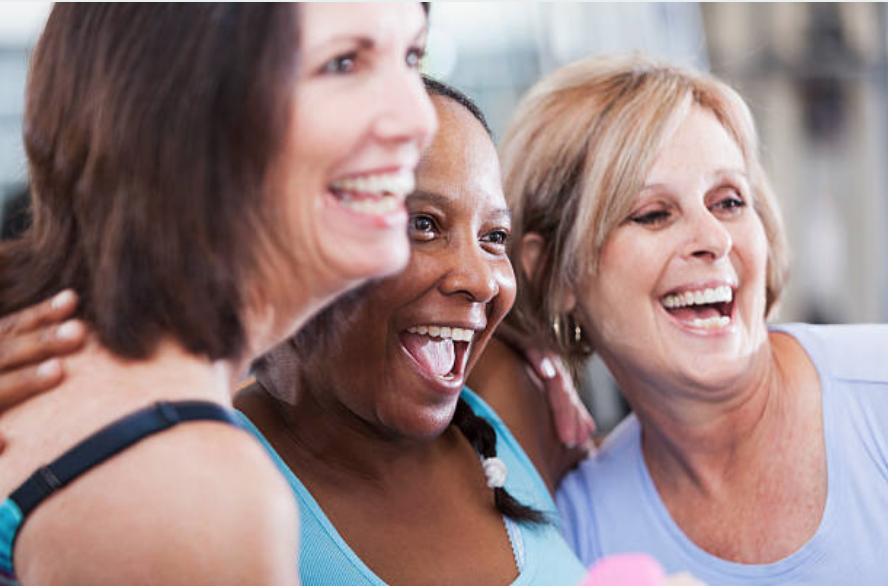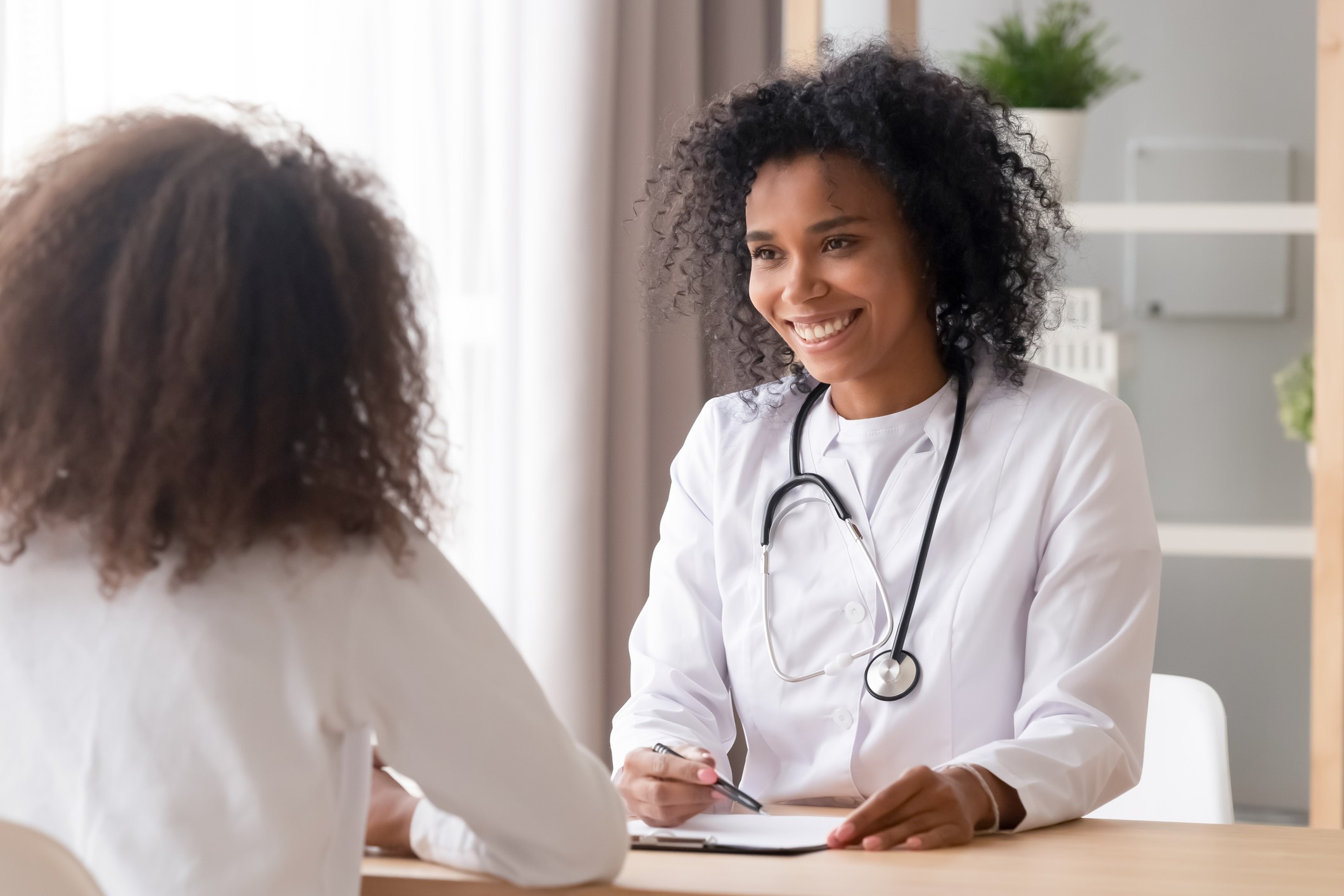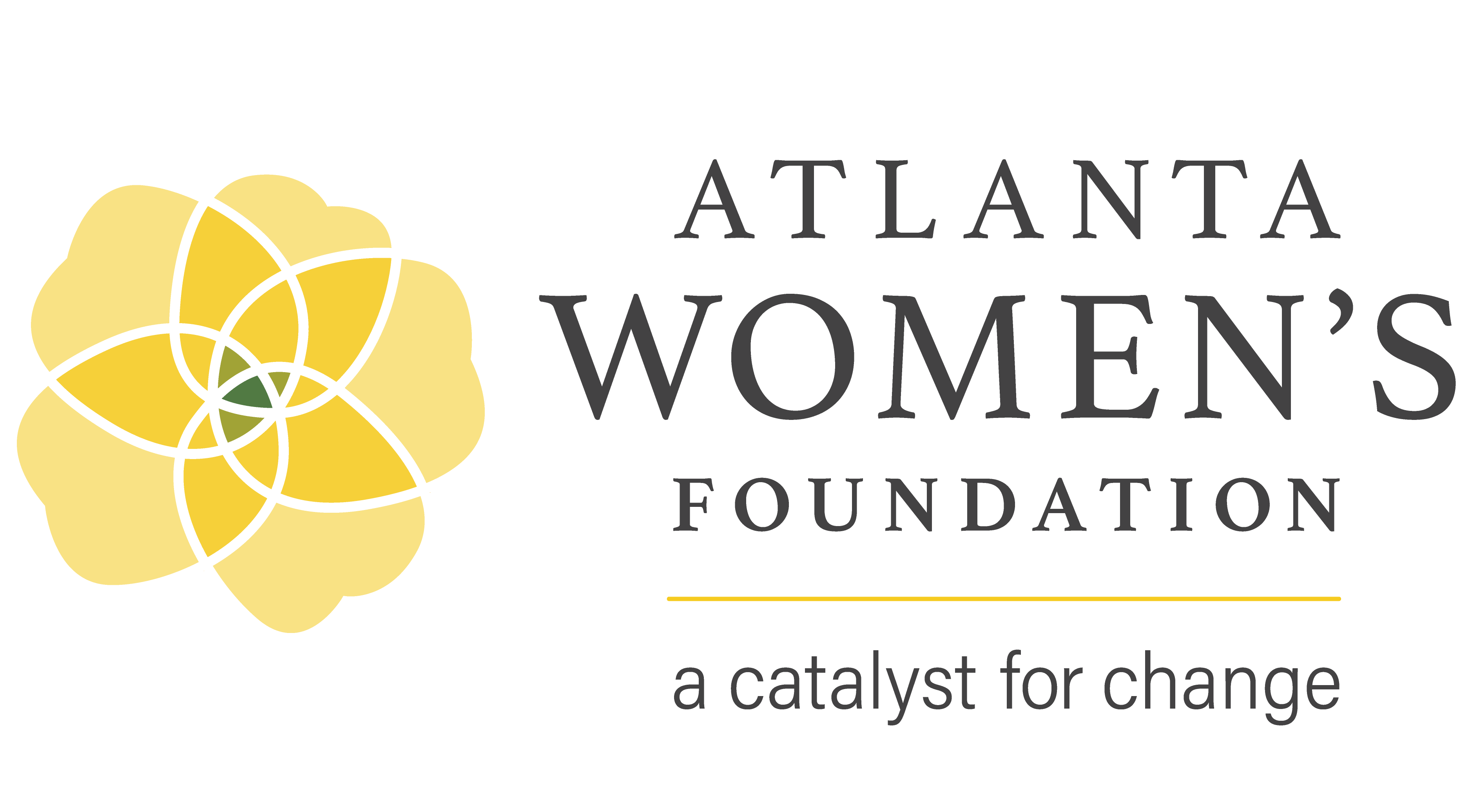


The Atlanta Women’s Foundation’s role is to serve as an educator, funder, and convener on critical issues such as how mental health impacts women in our community. Women impacted by poverty are twice as likely to suffer from mental illness. Without access to the services needed, these women are unable to accomplish the goals they are trying to achieve to become economically self-sufficient.
AWF applies a collective impact approach to the Promoting Women and Girls' Mental Health & Wellbeing Project. Through this approach AWF brings together our grantees in order to do the most good for the largest number of women and girls. As the backbone organization, AWF guides the vision and strategy of the project, maintains communication, ensures all data is collected and measured in the same way, and provides supportive activities like annual convenings.
Program components include cohort multi-year funding; facilitated discussions to foster a safe environment for peer sharing; program evaluation technical assistance; individualized one-on-one consultation; workshops and trainings; and interactive convenings that allow nonprofits an opportunity to share their work and explore collaboration.
Since 2015, AWF has awarded $1,015,000 to local nonprofit organizations providing mental and behavioral health services to women and girls impacted by poverty through the Promoting Women and Girls' Mental Health & Wellbeing Project, COVID-19 Relief Funding, and the Rebuilding Women's Initiatives.
Why Mental Health?
The Promoting Women’s Mental Health & Wellbeing Project gives needed support to nonprofits providing mental health services for women and girls impacted by poverty in our 5-county service area. Women in poverty often neglect their own health and that of their children because of all of the other struggles they deal with in their daily lives. The lives of women and girls in poverty are filled with many challenges, often compounding each other. These women experience stress, grief, and depression without the resources or networks in place to handle these strong emotions in the healthiest way. Social sciences research has repeatedly shown the negative relationship of socioeconomic status with mental illness, and it is widely accepted that individuals with lower socioeconomic status have a higher risk of mental illness.
The project has expanded to serve the mental health needs of teenage mothers. Teen moms face plenty of challenges – from dealing with the shame and stigma of an unplanned pregnancy to finishing school and finding employment. But many also deal with the challenges of mental illness. Researchers have found that twice as many teen moms are at risk of developing postpartum depression as their older counterparts, and nearly three times as many teens with mental illness get pregnant as adolescents without a disorder. In addition to higher rates of postpartum depression, teenage mothers also have higher rates of depression and rates of suicidal ideation than their peers who are not mothers.
Behind every number is a woman…
Danielle Galloway experienced chronic homelessness growing up, but one of places she could rely on was AWF grantee Community Advanced Practice Nurses (CAPN). Over the years, CAPN became more than a place to receive healthcare; it was a safe space and the staff became family. As Danielle said, “CAPN was more than a clinic for me. It was a place I was allowed to dream.”
Through CAPN’s support, Danielle applied to college and graduated from Boston University. Through her own success she was able to help out two of her sisters, who moved to Boston to live with her during her last year of college. Soon after her sisters’ arrival, when her mother was at risk of homelessness again, Danielle also invited her to move to Boston. Danielle’s mother went on to complete her GED and then a CNA certification and found employment in two nursing homes.
Danielle founded her own nonprofit, Self-Love Supper, which focuses on mental health and community support for women of color. She is helping to nurture, encourage, and empower other women and girls through her work like CAPN helped her.
Give to help women like Danielle.
Yes, I want to make a donation to help women and teenage girls have access to quality mental health services.
Project Outcomes 2015–2019
2019 Grantees
(Click each row to expand.)
